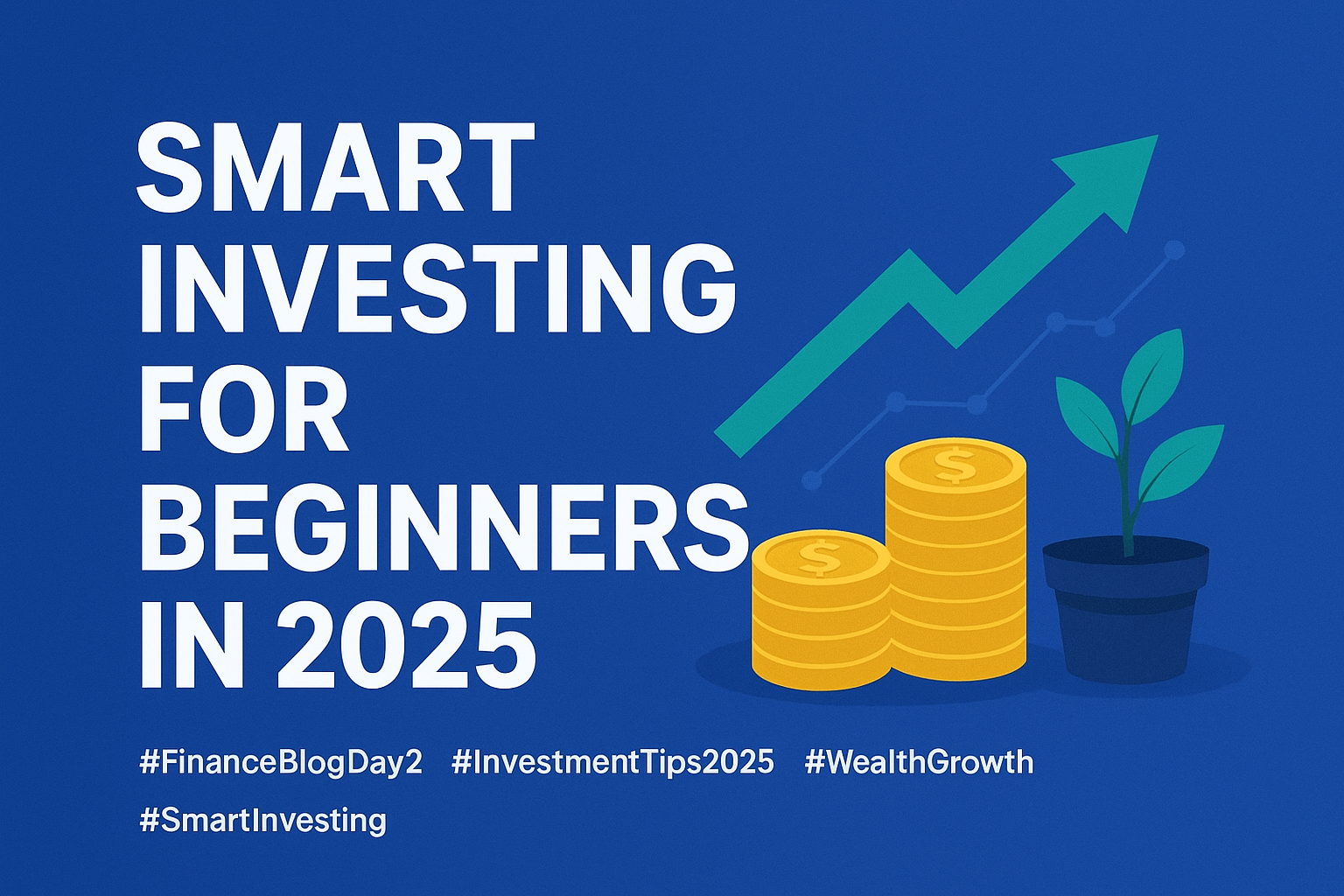Investing is no longer reserved for experts or the wealthy — in 2025, it’s an essential part of personal finance for everyone. With digital platforms, simplified tools, and abundant financial education online, anyone can start building wealth through smart investing. The key is understanding where to begin, what to avoid, and how to stay consistent.
1. Why Investing Matters
Inflation gradually reduces the value of your savings. Simply keeping money in a bank account means it’s losing purchasing power every year. Investing helps your money grow faster than inflation, ensuring long-term financial security. Whether your goal is retirement, education, or wealth creation, investing is the only path that consistently builds value over time.
2. Know Your Risk Profile
Every investor is different. Your risk tolerance depends on your age, income, goals, and comfort level with market fluctuations.
- If you’re young, you can take higher risks for greater returns through equities.
- If you’re nearing retirement, low-risk options like bonds or fixed deposits may suit you better.
Understanding your profile ensures you invest wisely and sleep peacefully at night.
3. Start Small, Stay Consistent
You don’t need lakhs to start investing. With as little as ₹500–₹1000 per month, you can begin your journey using Systematic Investment Plans (SIPs) in mutual funds. SIPs help you invest regularly and benefit from rupee cost averaging, reducing the impact of market volatility.
Consistency beats timing — investing every month, regardless of market ups and downs, leads to steady growth over years.
4. Diversify Your Portfolio
Never put all your money in one place. A smart portfolio includes:
- Equity Mutual Funds / Stocks – for long-term growth
- Debt Funds / Bonds – for stability
- Gold / ETFs – as a hedge against inflation
- Real Estate / REITs – for asset diversification
Diversification protects you from big losses and balances your overall returns.
5. Avoid Emotional Decisions
One of the biggest mistakes beginners make is reacting emotionally to short-term market movements. Successful investors stay disciplined — they invest based on research, not fear or greed. Always think long-term, and remember: volatility is normal, panic is optional.
6. Keep Learning and Reviewing
Financial markets evolve quickly. Stay updated about new investment products, tax regulations, and interest rate trends. Review your portfolio every 6–12 months to ensure it aligns with your changing goals.
💡 Conclusion
Smart investing isn’t about luck or timing — it’s about discipline, patience, and informed decision-making. Start small, stay consistent, and let time multiply your returns. The earlier you start, the more powerful your compounding becomes — turning today’s small steps into tomorrow’s financial success.




